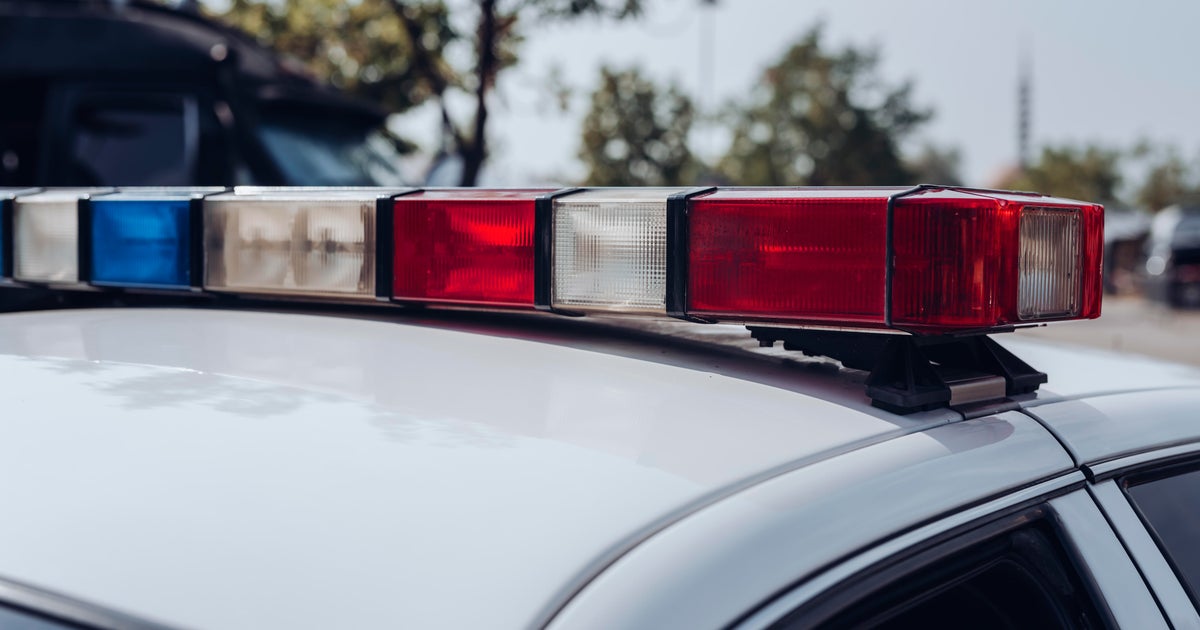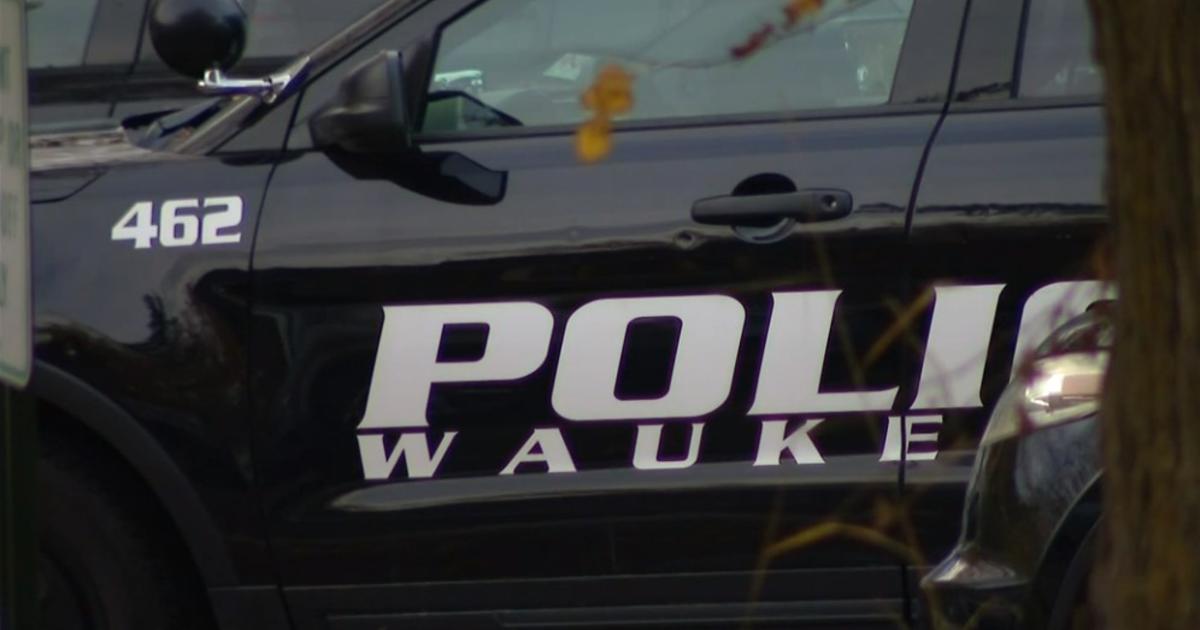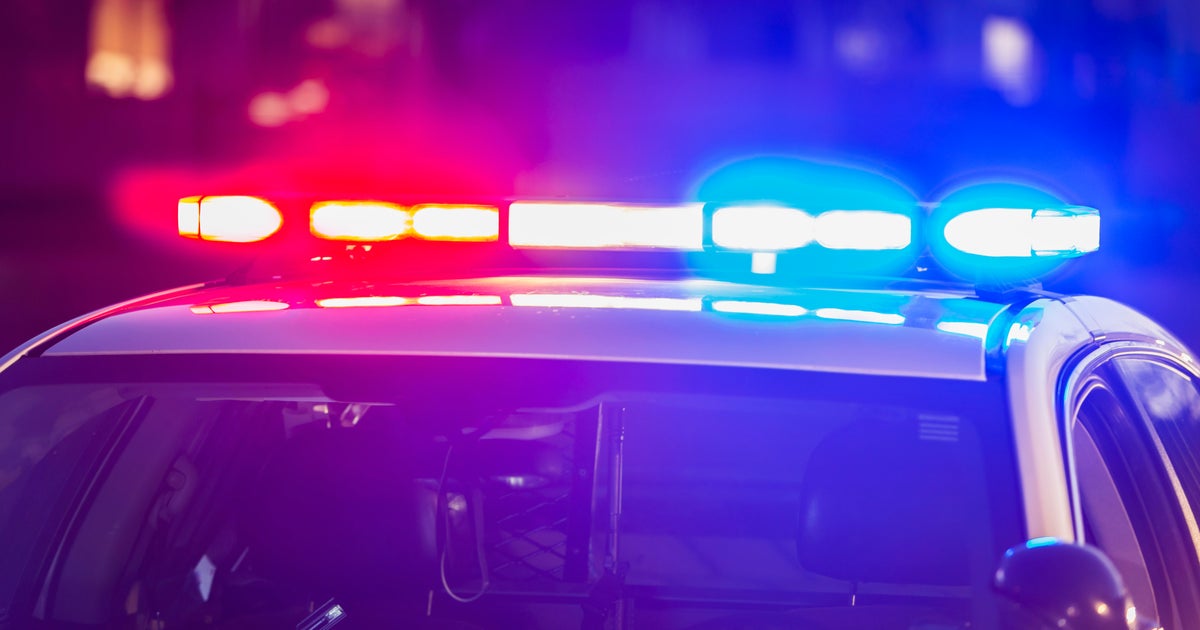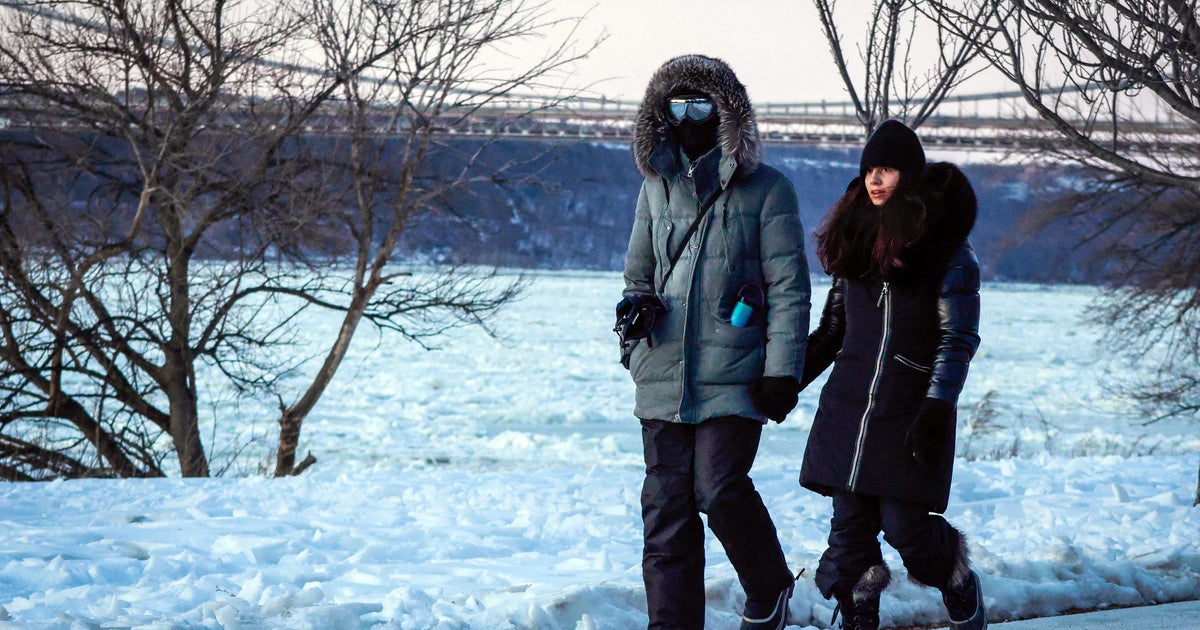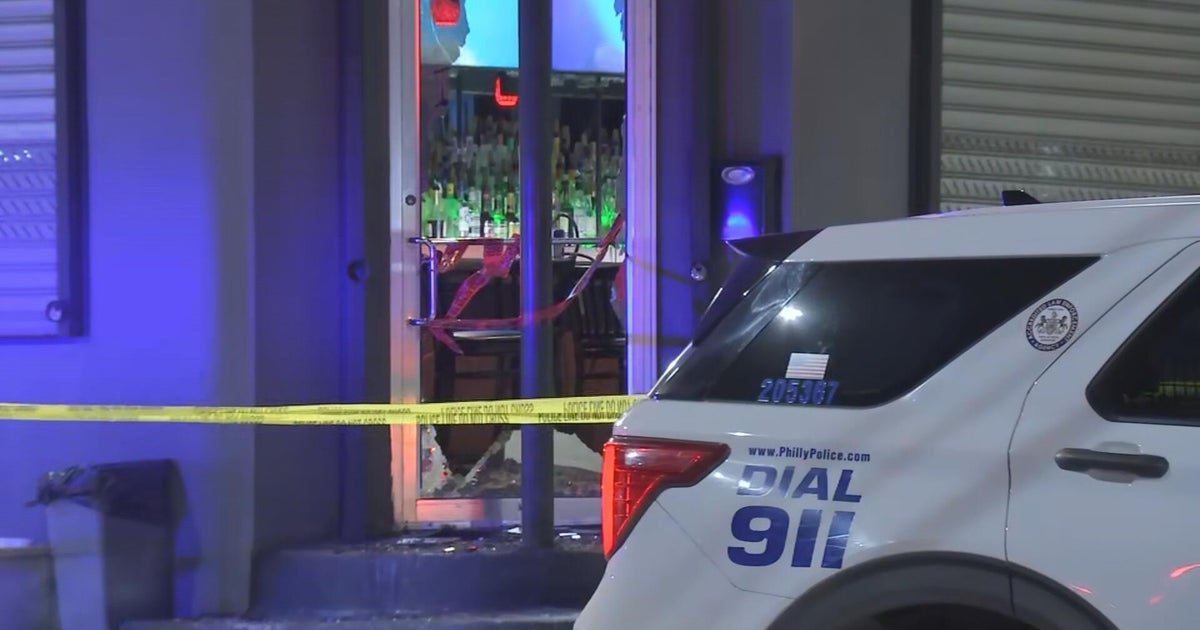Dangerous Dining In Your Home Kitchen
MIAMI (CBS4) - If you've ever had your bakeware dish shatter or explode, you're not alone. Consumer Reports has found that it's a growing problem, but there are tips on how to prevent it from happening to you.
"I was making turkey meatloaf. I was cooking it. I was putting it in my oven and half way through the process it popped," said Katie Valdes. "I heard a shatter. I didn't know what it was and I opened up the oven door and there was a shattered pyrex in my oven."
Katie escaped without an injury, but other people have reported cuts and burns from similar incidents. It prompted Consumer Reports to conduct a year-long investigation into more than 160 shattering incidents.
Consumer Reports tested American-made Pyrex and Anchor Hocking brand glass bakeware made of soda-lime glass and compared them to European-made Pyrex and Arcuisine Elegance Brand, both made of borosilicate glass.
The tests used dry sand, which gets hotter than food, and placed it in the bakeware in ovens for 80 minutes at 450 degrees. The dishes were then placed on wet, granite counters; something Pyrex says you shouldn't do.
All ten times the American-made bakeware made of soda-lime glass was tested, it broke. The European-made bakeware didn't break until the temperature was raised to 500 degrees.
Pyrex said it uses both types of glass in American bakeware and said soda-lime Pyrex is more resistant to breaking if dropped, but both can shatter if not used according to directions. Pyrex also questioned Consumer Reports testing saying it violated the instructions for safe use.
Pyrex said the shattering may have occurred due to sudden heat temperature changes caused by not coating the bottom of the dish with liquid or not fully pre-heating the oven.
So how can you keep yourself safe when using this type of glass bakeware? It turns out there are some simple steps you can take to help keep your dinner from turning dangerous.
- Always place hot bakeware on a day cloth potholder or towel when removing it from the oven.
- Never place hot bakeware on top of a stove, metal trivet, damp towel, in the sink or on a counter
- Never put bakeware directly on a heat source such as a stove top, grill, under a broiler, or in a toaster
- Always fully pre-heat your oven before placing bakeware inside
- And cover the bottom of the dish with liquid before cooking meat or vegetables
Katie now uses a tin loaf pan to bake meatloaf, but will use caution when she uses her set of Pyrex dishes to cook other recipes.
"I'm still thinking in the back of my mind that it might explode," Katie said.
Pyrex maintains that the number of accidents reported is only a tiny fraction of the millions of dishes in use.
